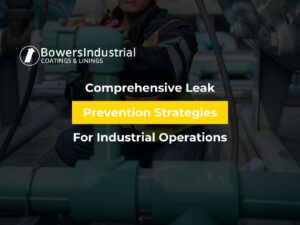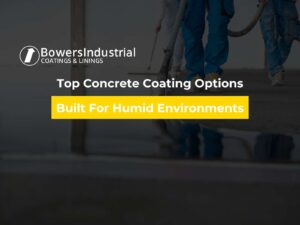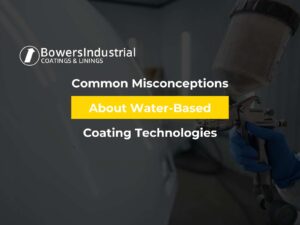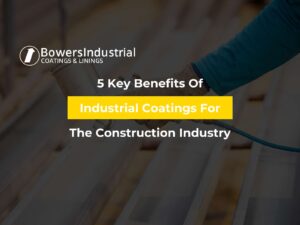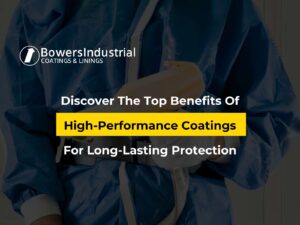Choosing The Right Industrial Coating: What You Need to Know
Choosing the right coating for an industrial project is a delicate decision, especially when considering safety and sustainability. Water-based coatings are increasingly used due to their effectiveness in various projects. However, many people doubt switching to these technologies due to misleading information.
In the following article, we’ll break down some of the most common misconceptions about water-based coatings and what the facts really say.
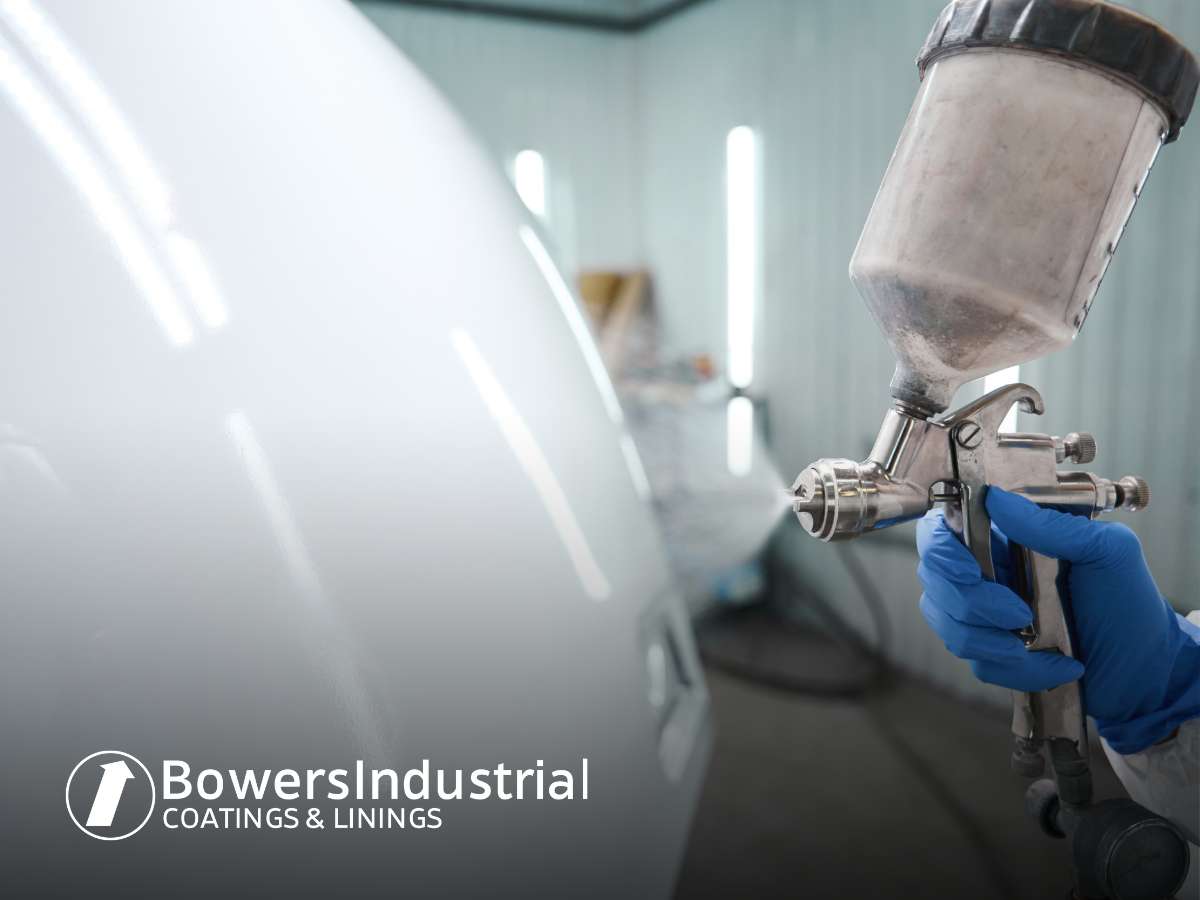
Misconception #1: Water-based Coatings Aren’t As Durable As Solvent-Based Ones
There have been recent advances in water-based coating technologies, meaning that they’ve become more resistant and durable than before. The benefits of these next-generation materials outweigh the remaining concerns about water-based coatings.
Nowadays, modern water-based coatings exceed the performance of traditional solvent-based coatings in many applications. When applied properly, water-based coatings bond strongly to different surfaces, protecting them from wear and making them suitable for high-traffic areas.
Moreover, advances in acrylic, polyurethane, and epoxy resins have also improved the strength, chemical resistance, and flexibility of water-based coatings.
Another important benefit of water-based systems is their resistance to UV and extreme weather, making them as durable (or even more) as solvent-based coatings. Thanks to their formulation, many water-based coatings offer excellent resistance to yellowing, cracking, and fading from sun exposure, making them ideal for exterior use.
Misconception #2: They Take Too Long To Dry
Contrary to common belief, water-based coatings dry quickly. In fact, they usually dry quickly, but it’s important to differentiate their drying and curing times to ensure a proper surface for the project.
Drying and curing are two distinct stages in the coating process, including water-based coatings.
Drying time refers only to the evaporation of water from the coating. Once the water evaporates, the coating feels dry to the touch. This process usually takes between 30 and 60 minutes, although it may take longer depending on different factors like humidity, temperature, and airflow, among others.
But generally speaking, many water-based coatings dry faster than solvent-based ones in ideal conditions. Nevertheless, a dried water-based coating isn’t necessarily fully cured.
Curing is the chemical process by which the coating fully hardens and gets its best durability. This process can take anywhere from a few days to a couple of weeks, depending on environmental factors. During this time, the coating obtains resistance to abrasion, harsh chemicals, and moisture.
Misconception #3: Poor Adhesion To Surfaces
This myth about water-based coatings likely stems from the first generations of these systems, which did struggle with adhesion. However, recent advances in their formulation have made them stronger and more effective at adhering to surfaces.
Modern water-based coatings use high-performance acrylics, polyurethanes, and hybrids that improve bonding. These resins are engineered to adhere well to different substrates, including wood, drywall, concrete, and even metal.
When applied correctly, modern water-based coatings adhere just as well—if not better—than their solvent-based counterparts. The key is using the right product for the substrate and following the proper preparation steps.
Misconception #4: Limited Aesthetic Options
Another common misconception about water-based systems is that they offer limited color choices or gloss levels compared to other coating options. This may have been true some years ago, but it’s no longer a reality due to the current state of the industry.
The truth is you can now find an extensive color and finish range for water-based coatings. You can customize them to match almost any shade using universal colorants and advanced tinting machines.
Modern water-based coatings offer various gloss levels, including:
-
- Matte
- Eggshell
- Satin
- Semi-gloss
- High-Gloss
This is possible thanks to improved resin and different additive technologies, leading to a versatile use that you can benefit from.
Misconception #5: Not Suitable For High-Traffic Or Industrial Use
Earlier versions of water-based coatings were created for light residential use. They lacked the durability and chemical resistance required for tough environments, which led to a reputation for being less rugged than solvent-based alternatives.
Modern water-based technologies use high-performance materials, making them suitable for high-traffic and industrial environments. Additionally, they resist frequent cleaning and exposure to chemicals, moisture, and abrasion.
Thanks to years of research and innovation, many products on the market today are specifically designed for high-traffic and industrial applications, combining performance with environmental benefits.
Environmental & Health Benefits Of Water-Based Coatings
The short answer is yes, water-based coatings offer environmental and health benefits, which is one of the reasons they’ve become so popular in many industries.
But what benefits do they exactly offer? Let’s break them down:
- Low VOC Emissions: Water-based coatings contain far fewer VOCs (volatile organic compounds) than traditional solvent-based options, making them safer for applicators and occupants.
- Reduced odor and safer indoor use: Since they’re made mostly from water and light compounds, they produce little to no harsh odor.
- Easier cleaning: Water and mild soap are usually enough to clean them up.
- Regulatory compliance and sustainability: Many water-based coatings meet or exceed environmental regulations, including LEED certifications, GREENGUARD standards, and local air quality rules.
Water-based coatings offer environmental and health advantages without sacrificing performance, improving indoor air quality and reducing environmental impact.
Why Modern Water-Based Coatings Are a Smart Choice
Water-based coatings have come a long way from their early limitations. Many of the myths surrounding them no longer hold true. Today’s formulations offer impressive performance, a wide range of finishes, and proven results in the most demanding environments. On top of that, they provide meaningful environmental and health benefits, making them a smart choice for both residential and industrial projects.
If you’re looking to upgrade your coating systems with reliable, high-performance solutions, Bowers Industrial can help. With decades of experience in industrial coatings, including water-based, epoxy, and specialty formulations, our staff offers expert guidance and high-quality products that can help your business. Contact us now!
Bowers Industrial Coatings & Linings
2381 S 2700 W, Unit B
West Valley City, UT 84119
Tel: 801-977-0508
Email: [email protected]


